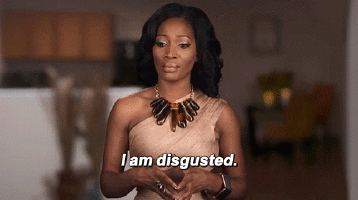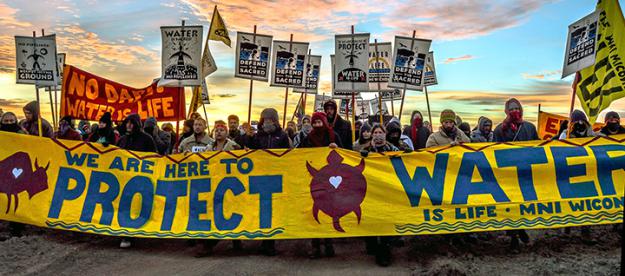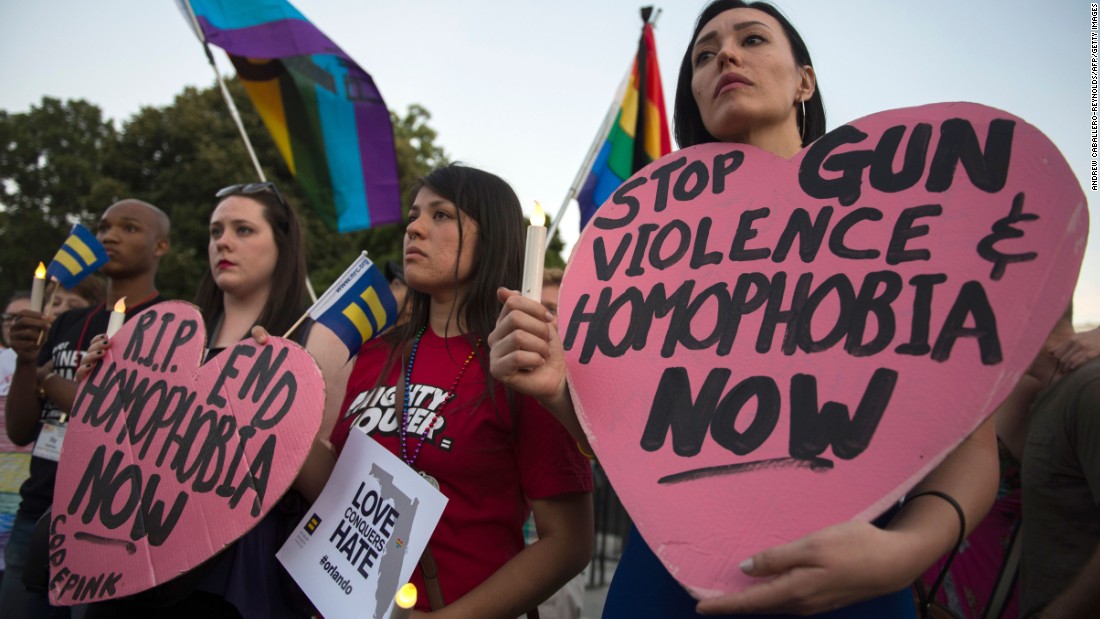So I was originally going to title this post "Tips for Dating Someone with Depression" but I thought that made those who suffer from depression sound a bit like household pets or a DIY craft project. Like, "follow these 10 simple steps to maintaining your own mentally ill individual!"..............ehhh not quite the vibe I'm going for.
I'm in first relationship since I've been in college and I've learned a lot about myself through the ways my girlfriend reacts to and navigates my depression. These tips can really be applied to anyone in your life who suffers from depression just as a better way to care for and support them. Note: these tips are not on how to "deal with" or "put up with" someone's depression. If you think caring for someone's mental health is a chore or something beyond the bare minimum that you put into a relationship, then you really shouldn't be dating that person. Or anyone, ya douchebag.
Mental illness doesn't automatically make someone a burden to others. As a supporter, you shouldn't view mental illness as some pesky annoyance in your life; you're not the one living in it. Depression is hard to manage on your own but sometimes it can also be difficult managing with a significant other too. I've learned a lot through my relationship in terms of explaining my depression, helping my girlfriend understand it, and letting her help me manage it. I can imagine that dating someone with depression might be disheartening at times when you can't be the solution, but I want to share some things to help supporters and significant others put less pressure on themselves and better understand depression.
1. Don't take it personally that your love doesn't "get rid" of their depression
I'm not even sure why I started with this point because if this piece of advice shocking to you then you're a narcissistic piece of shit. Nevertheless, I think it is important for some people to remember. Whether you like to play savior in your relationships, which is incredibly unhealthy btw, or you simply really care for someone, you need to realize that you alone CANNOT FIX A MENTAL ILLNESS. It is nothing against you. There isn't anything wrong with your personality or the way you love a person, it just will not completely "get rid" of someone's depression. So don't expect it to.
And for christ's sake, don't throw yourself a pity party
like boo hoo but I brought you cookies why aren't you happy and dtf now???? wahhhh. Don't guilt your friend or partner for still having a mental illness even when you do nice things for them. This isn't about you, dammit. I shouldn't have to deal with my depression and make you feel like a special snowflake for being a good friend too. I'm not going to try to remain mentally stable and constantly hand you awards for treating me like a human being. My depression will probably always be with me to some degree. I'm extremely grateful for my friends and girlfriend who recognize that and do special things to help get me out of bed and not self harm. But they all know that they are not some magical Jesus Christ of mental illnesses here to cure the world.
2. Ask ask ask, but don't pressure
If you don't understand something about your friend/significant other's depression, just ask them. Be constantly willing to learn how depression manifests itself and how to respond to it. However, there's also a good chance that that person won't have an answer to give you. A lot of times people want to ask "Why are you sad?" and "What will cheer you up?" like if I knew the answers to those things I wouldn't have stayed in bed without showering and only eating hot cheetos for an entire week, now would I?
Depression is tricky because it isn't a bad mood, a test stressing you out, or a bad hair day. I can't pinpoint exact things that trigger a depressive episode. I may be able to tell you certain times of the year that I have more episodes and I may be able to quote my therapist's advice to you, but I can't tell you the straight up do's and don'ts for handling my depression. That's the whole point of depression; it doesn't always have a reason. There's no definite cause. So ease up.
Be willing to learn. Ask questions about what works and what doesn't. But don't expect someone with depression to give you all the answers. Don't interrogate them like they possess all the magical tricks of the trade to cheer themselves up and they're just hiding them from you. Wtf is wrong with you?
3. Come up with a warning signal/word
Sometimes it can be really hard to admit that you need help or support or a pint of Ben & Jerry's. On a more serious note, sometimes it can also be really hard to admit that you are not in a healthy, stable place. It can be embarrassing to reach out and have to admit that you're afraid of being alone because you don't know what you could do to yourself.
But but but I'm such a good friend, I would just tell them to call me whenever they feel sad, even if it's 3am, even if it's 50 years later and I'm retired on a Carnival cruise...Naw son, that don't mean jack diddly to someone with a mental illness. Sure, it's a nice gesture to
say that. But individuals with a mental illness are constantly belittled and made to feel like they are just making it up. So even if you don't require an explanation, an individual with a mental illness will feel the need to give one. Just to justify themselves, their emotions, and their need for help.
So, just to relieve some of that pressure, make a code word that a person can just text or say or tap out in morse code to let you know that things are serious and they need some sort of support/presence immediately. It's simple, quick, and a lot less intimidating than having to craft a sentence like "dear god help me I'm in a major depressive episode" in a more socially acceptable way.
4. Help them with their self care
Individuals with certain mental illnesses are drawn to self-harming or self-sabotaging behaviors. The whole thing about depression is that I don't really value myself soooo of course I'm not going to eat healthy or have a normal sleep schedule or go to class??? I try my hardest but some days it's like having intense senioritis in every aspect of your life.
So as a friend or supporter, you have a super awesome opportunity to give your friend/partner a little nudge in the right direction that is greatly appreciated. Try getting your friend out of the house for a little bit, cook them a healthy meal, invite them to go on a walk with you. Simple little things like these can have a huge impact. Because for someone with depression these little things are like the biggest, most daunting, horrific, painful tasks ever. My roommate makes sure I'm awake in the mornings and I'll be damned if that woman doesn't get everything in my will one day. My girlfriend makes me eat vegetables sometimes, so I guess they can go halfsies on the will.
Point is, just encourage your friend to do a few healthy things. Even though they might seem like simple, common sense tasks to you, it means a lot to a person with depression to have someone help them and encourage them to take care of themselves.
5. Don't be an enabler to any destructive habits they're trying to kick
One of the hardest things for me to do was stop drinking in college. Mainly because the people I called friends thought it was a ridiculous idea and apparently weren't fond of binge drinking every night of the weekend on their own. Now that I've surrounded myself with decent human beings that have at least a single shred of human empathy, it's become a lot easier for me to stop drinking which has definitely helped with my depression a crap ton.
I enjoy being friends with people that actually call me out on my shit. In a loving manner of course. The people that enabled me to be an alcoholic disaster that it was a cute quirky aspect of my personality and thoroughly enjoyed not having to be alone in their endeavours to single-handedly destroy their own livers. My friends now push me to constantly better myself which includes kicking some gnarly habits that I picked up as ways to self-medicate my depression. I've made a lot of progress because of my own work but also, because my friends and girlfriend are rad as fuck and don't enable me to continue destroying myself. So when in doubt, tell your mentally ill friends and lovers that
no, they can't have another shot of Taaka or heroin and that
yes, they can live a sober and less self-harmful life because you're there to support them.
Depression blows and life with it sucks, but it's made infinitely better by the people in my life that genuinely want to support me and see me do my best, not those who are only in the friendship/relationship to benefit themselves. I think we should all try to be that supportive person in our friends and significant others' lives. In being true to my depressive nature, I'll end with saying that life sucks and then you die but I still wish we could all bake a cake filled with rainbows and smiles and everyone would eat and be happy. Or something along those lines.






















